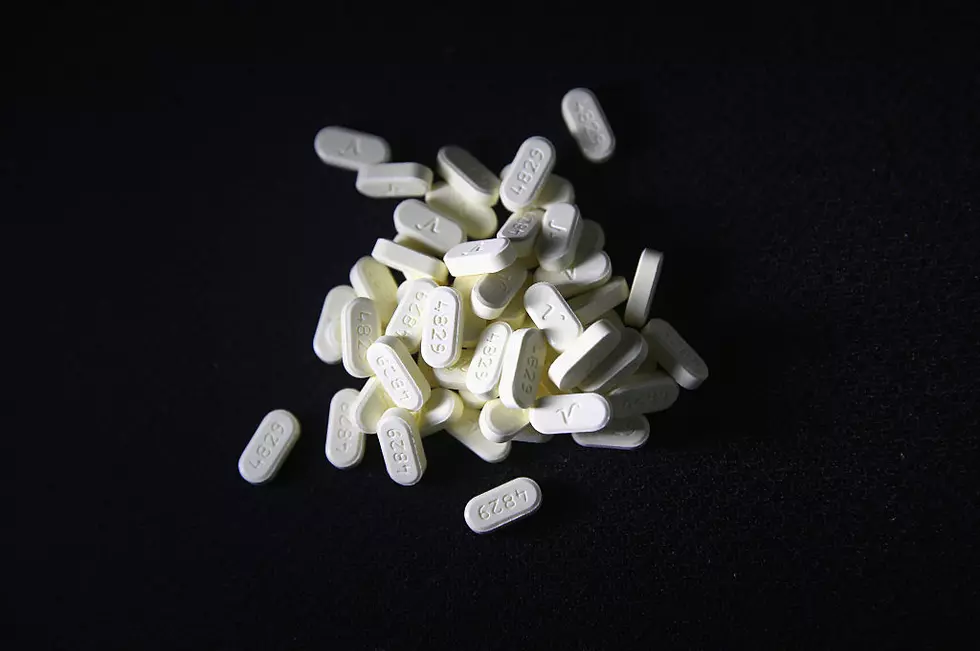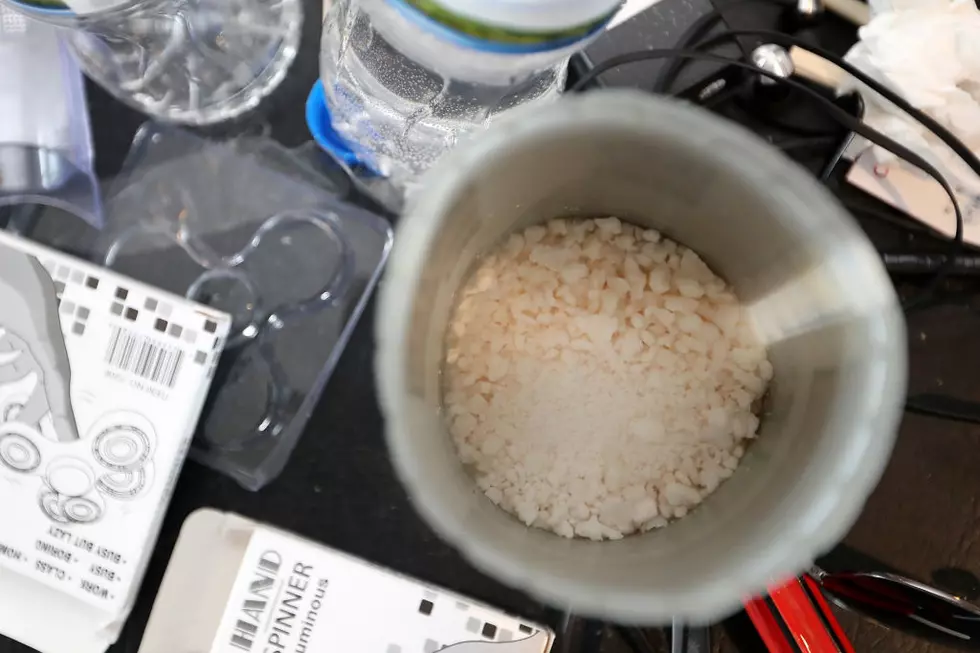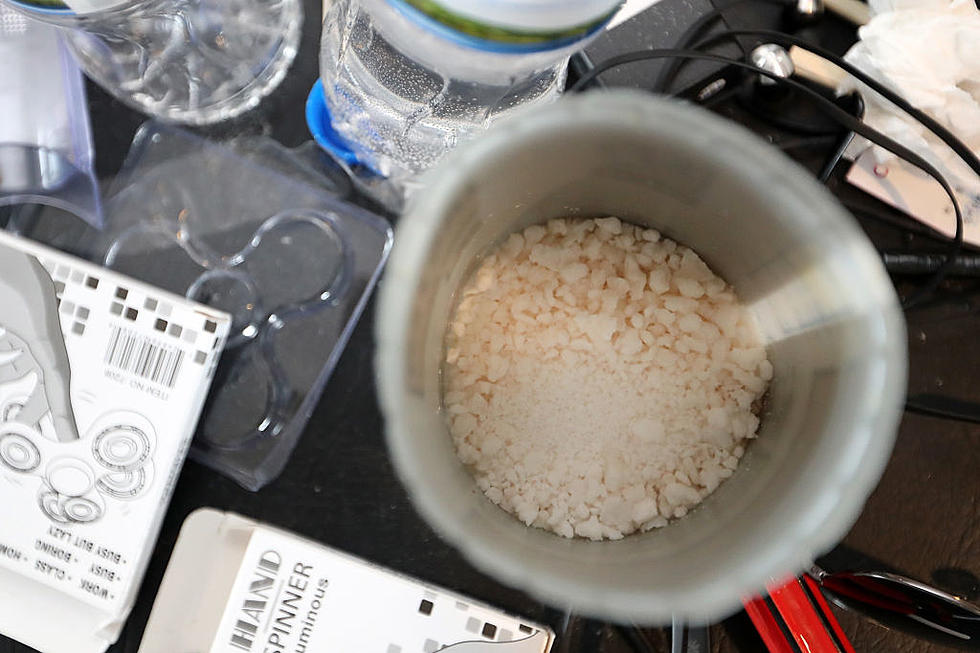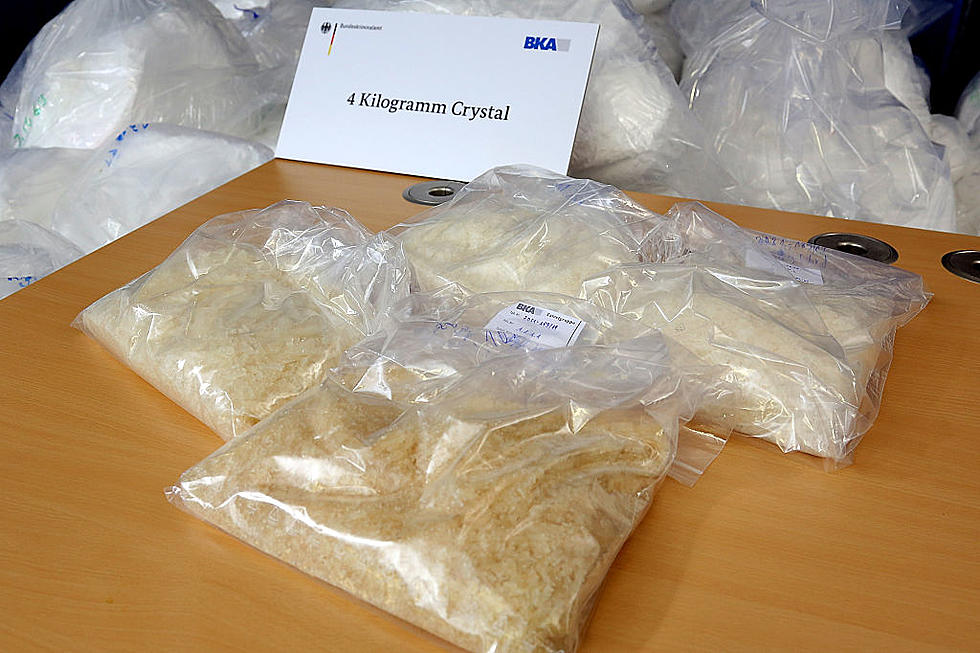
Judge Rejects Request to Dismiss WA Opioid Lawsuit
Friday, a King County Superior Court judge rejected a request from three major drug makers to dismiss WA State Attorney General Bob Ferguson's lawsuit against them.
In March of this year, Ferguson filed a suit against McKessen Corp, Cardinal Health and AmerisourceBergen Drug Corporation. The suit claims the companies made billions in profits and fueled the current opioid epidemic in our state. The suit claims:
"Opioid distributors are legally required to monitor the size and frequency of prescription opioid orders to identify suspicious orders that could be diverted into the illegal drug market. Distributors are required to stop these suspicious shipments and report them to the federal Drug Enforcement Agency (DEA).
Instead, McKesson, Cardinal Health and AmerisourceBergen have faced repeated actions from the DEA for continuously failing to stop and report suspicious opioid shipments, paying hundreds of millions in fines for their failure to follow the rules.
Based on shipping data, a conservative calculation suggests these companies may have shipped more than 250,000 suspicious orders into Washington state between 2006 and 2014. A less conservative calculation puts that number more than 3 ½ times that high, at nearly a million."
Ferguson's lawsuit is asking for civil penalties and damages, and would also force the 3 companies to 'give back' the profits they made from such sales in our state that "resulted from their illegal conduct" whatever that means. Ferguson claims their selling and distribution practices helped fuel what he says is an opioid epidemic in our state.
However, the suit does not specify where these funds would go, if the lawsuit is successful. Ferguson did not offer any details in today's comments.
According to statistics from the Washington State Department of Health and other sources, 8,000 Washington state residents have died between 2006 and 2017 from opioid overdoses.
Supporters of the suit say it's necessary to curb reckless behavior by drug companies, opponents say it's a societal and medical issue. They say drugs are being prescribed too often when other treatments are an option, especially in mental health, and they say the drug companies are being made scapegoats.
No word yet from the companies if they plan, or where they may plan, to appeal.
More From 870 AM KFLD









